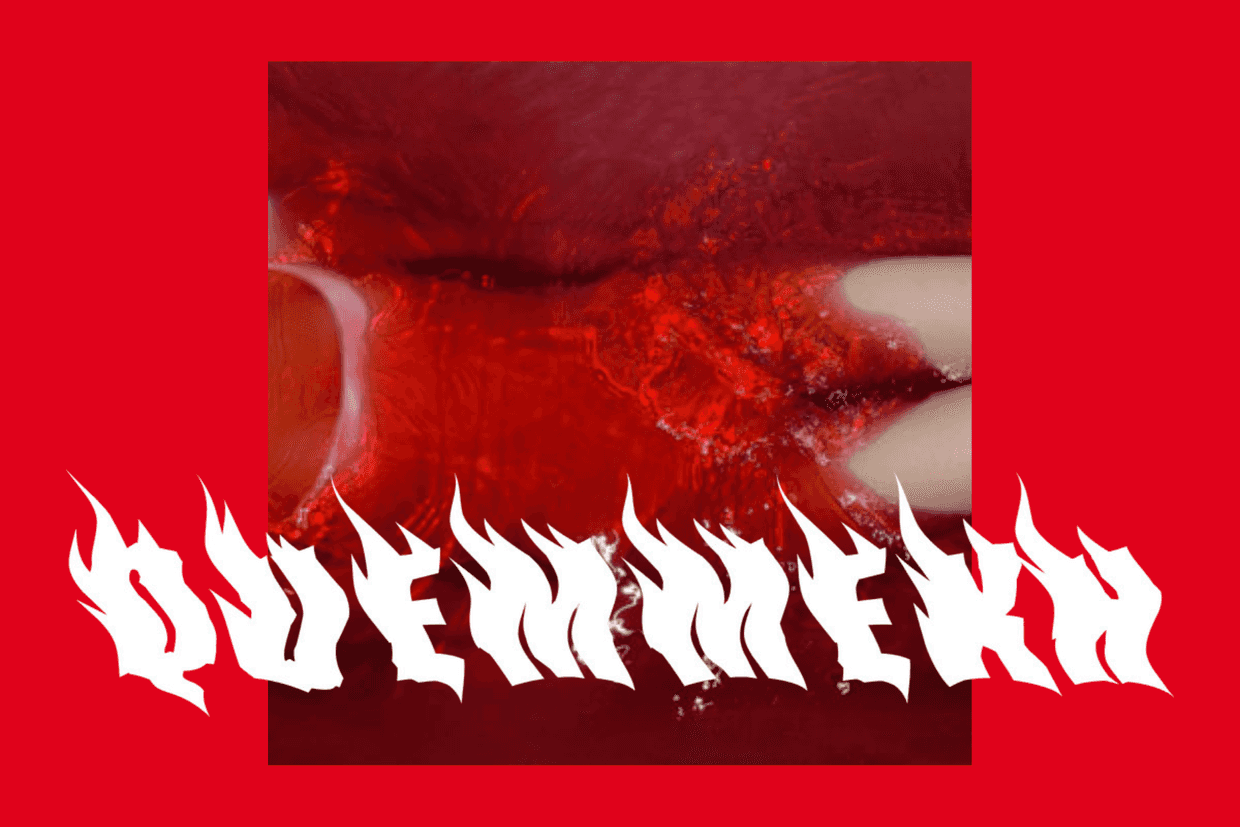
Davit Kacharava, an MP and member of the ruling Georgian Dream satellite party People’s Power and a former rugby player, has become the president of the Georgian Rugby Union.
According to the Rugby Union, registration ended on 16 April and Kacharava was the only candidate for the elections.
On Saturday, Kacharava was elected as president, receiving 57 out of 58 votes for a four-year term.
Kacharava has been a member of the Georgian Parliament since 2020.
According to local media, Kacharava voted in favour of controversial laws adopted by the parliament in recent years, including the foreign agents law and restrictive laws connected to the media.
Kacharava has been the chair of the board of the Rugby Union for the past four years.
The 40-year-old Kacharava made his international debut as a rugby player in 2006, the Rugby Union said.
‘Kacharava has participated in four World Cups (2007, 2011, 2015, and 2019) and has won the Rugby European Championship 11 times’, the union reported.
Kacharava is a member of the People’s Power party, which critics have said is a satellite and mouthpiece of the ruling Georgian Dream party.
In a parliament virtually devoid of any real opposition representation, People’s Power currently serves as a ‘healthy opposition’ group to Georgian Dream’s majority.
RFE/RL reported that Kacharava’s new position does not prevent him from serving as a member of parliament.

Georgian Dream and sports
In recent years, Georgian sports have become a battleground between the government and its critics.
Athletes have featured heavily in the October 2024 election lists of Georgian Dream and its satellites. For example, in December, Mikheil Kavelashvili, a former player for the Russian Spartak-Alania Vladikavkaz and English Manchester City football clubs became the president of Georgia. He has been criticised as a man ‘without a diploma,’ with his detractors often highlighting his lack of higher education.
Although not having a college degree does not disqualify a candidate from running for president in Georgia, many recalled his inability in 2015 to run for the Georgian Football Federation’s presidency for this very reason.
The inclusion of a number of athletes, including Olympic champions, in the parliamentary list by the Georgian Dream during its pre-election campaign caused backlash, with critics of the government arguing that it was a method of Georgian Dream to influence various types of sports.

Since mass protests broke out against the government more than 150 days ago over the decision to freeze Georgia’s EU application process, popular athletes have also faced pressure to take a stand.
In April–May of 2024, when Georgia was gripped by mass protests over the foreign agent law, a number of athletes from rugby, football, and other sports took to social media to express their support for Georgia’s European future and condemn the violence against demonstrators.
At the time, Georgian Dream leaders claimed that popular athletes were being ‘bullied’ by demonstrators.
On the global anti-bullying day in 2024, Tbilisi Mayor and Georgian Dream Secretary General Kakha Kaladze complained that ‘an aggressive campaign based on the language of hate flows through the media and social networks in a continuous stream’.
‘A special attack is being made on the proud children of our country’, he added, claiming that there was ‘pressure’ on world-famous footballer Khvicha Kvaratskhelia ‘to literally repeat the messages created by the ideologues planning the coup in Georgia’.
‘Anyone who has an opinion different from the radicals becomes the object of attack, and this is the majority of the population of our country’, he wrote. ‘An aggressive minority confronts everyone with hatred and contempt and declares those who resist the pressure enemies of the country’.
‘The hate that has been perpetrated by aggressive groups recently must end’, he said.
The day before, Kvaratskhelia wrote on Facebook that he was ‘experiencing’ the events that were taking place in Georgia.
‘I want to make my opinion clear and say that we deserve to be a part of Europe and nothing should stop us from that’, he wrote.
Kvaratskhelia added that he does not want his words to be ‘used’ by anyone.
‘[…] I love my Georgia […] I am saddened that today we value a person’s patriotism more with words than with actions. No to everything that opposes us! Yes to Georgia’s progress and victory!’











